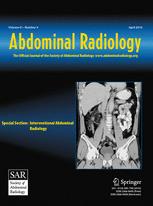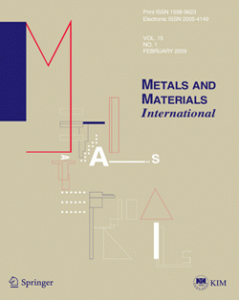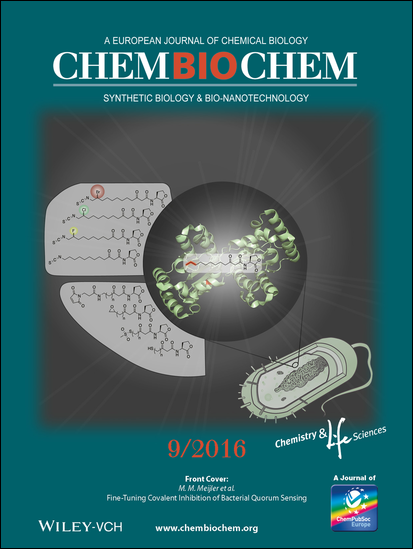 It was one of the most difficult posts we’ve ever written: A researcher’s eagerness to publish a paper before asking all co-authors for their permission forced him to retract the article, wasting a postdoc’s time and destroying a professional relationship in the process.
It was one of the most difficult posts we’ve ever written: A researcher’s eagerness to publish a paper before asking all co-authors for their permission forced him to retract the article, wasting a postdoc’s time and destroying a professional relationship in the process.
This 2011 post wasn’t difficult to write because the facts were complex; they weren’t particularly (although the science involved was intricate). Rather, the man responsible for the incident, Graham Ellis-Davies, was so clearly and sincerely distressed by the mistake he’d made, it was impossible not to feel sorry for the him.
Well, we’re delighted to report that the tale has a happy ending. Ellis-Davies and his former postdoc have recently republished their once-retracted work with a new set of co-authors — and in the same journal that previous retracted it. What’s more, they have turned what initially was a proof-of-concept study into a much more robust article with exciting implications for the field. Continue reading After painful retraction, authors republish replicated findings five years later
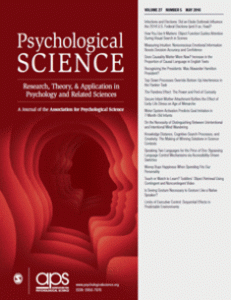

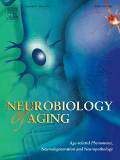 Four different journals have pulled papers from the same authors due to alleged duplication or manipulation of images.
Four different journals have pulled papers from the same authors due to alleged duplication or manipulation of images.

